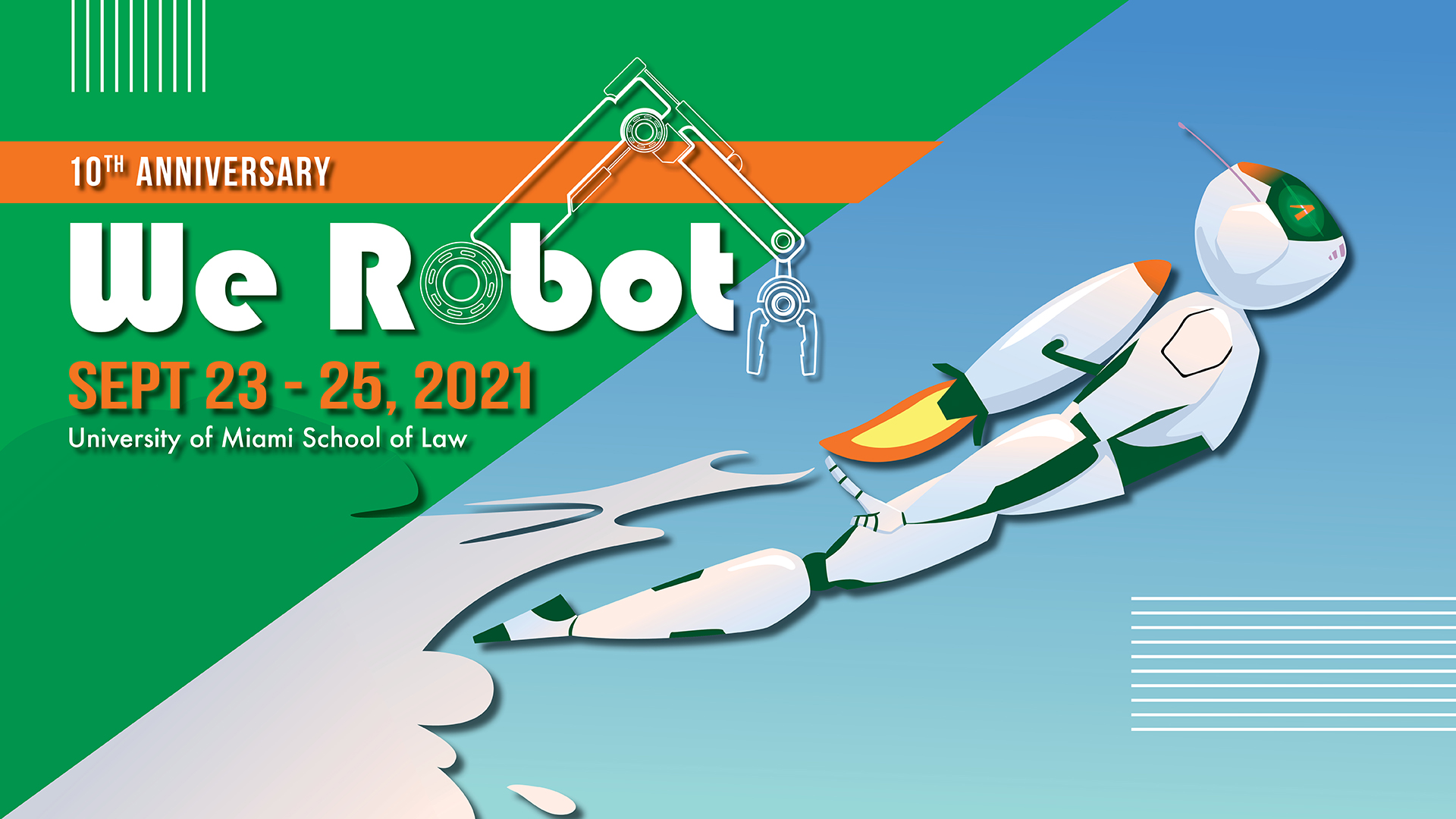Jeremy de Beer, Laura Foster, Chidi Oguamanam, Katie Szilagyi, and Angeline Wairegi will present their paper, Smart Farming and Governing AI in East Africa: Taking Gendered Relations and Vegetal Beings into Account, on Friday, September 24th at #werobot 2021. Edward Tunstel will moderate the 1:45pm – 3:15pm panel on Field Robotics.

Laura Foster
Robots are on their way to East African farms. Deploying robotic farm workers and corresponding smart systems is lauded as the solution for improving crop yields, strengthening food security, generating GDP growth, and combating poverty. These optimistic narratives mimic those of the Green Revolution and activate memories of its underperformance in Africa. Expanding upon previous contributions on smart farming and the colonial aspects of AI technology, this paper investigates how AI-related technologies are deployed across East Africa.

Edward Tunstel (moderator)

Chidi Oguamanam
The creation of AI algorithms and datasets are processes driven by human judgements; the resultant technology is shaped by society. Cognizant of this, this paper provides an overview of emerging smart farming technologies across the East African region, situated within contemporary agricultural industries and the colonial legacies that inform women’s lives in the region.

Angeline Wairegi
After establishing the gendered implications of smart farming as a central concern, this paper provides rich analysis of the state-of-the-art scholarly and policy literature on smart farming in the region, as well as key intergovernmental agricultural AI initiatives being led by national governments, the United Nations, the African Union, and other agencies. This enables an understanding of how smart farming is being articulated across multiple material-discursive sites—media, government, civil society, and industry.

Katie Szilagyi

